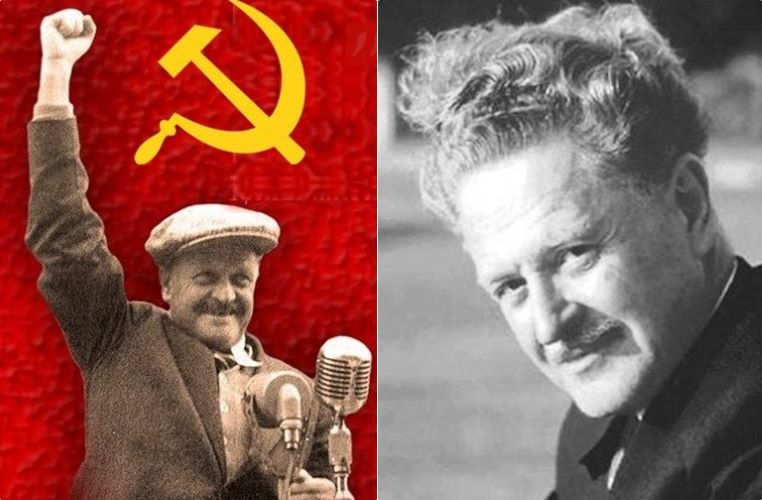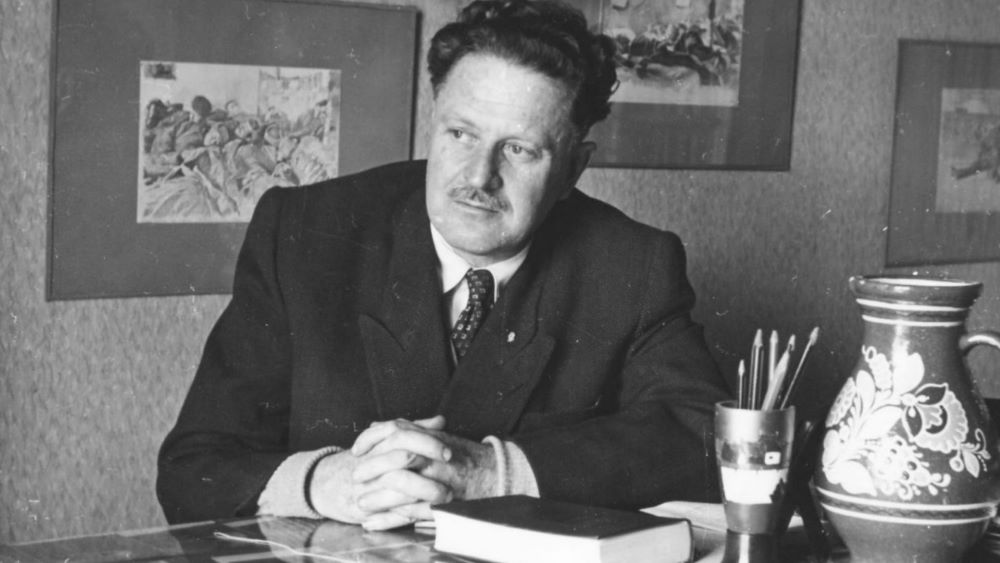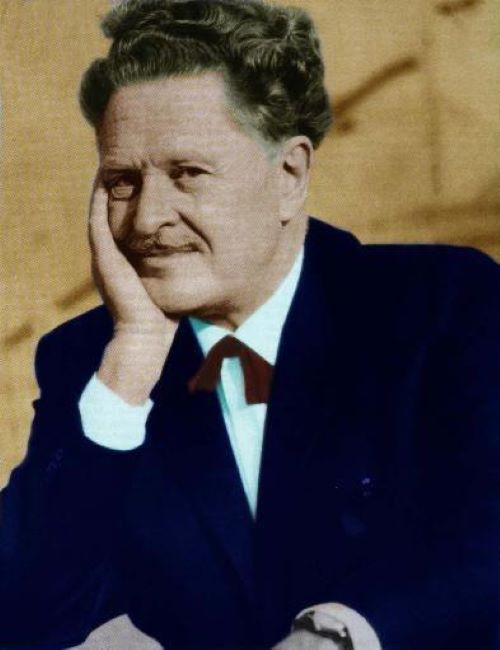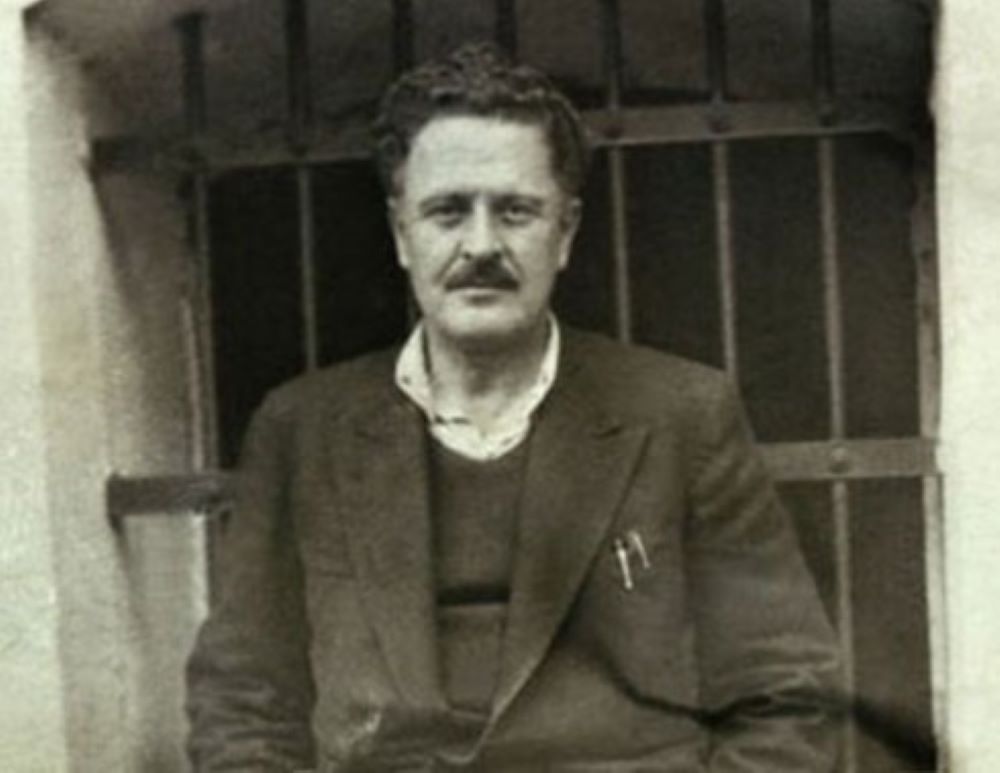
Nazim Hikmet passionately championed the cause of the working class and the oppressed, portraying their struggles and aspirations through vivid imagery and lyrical expression
SHOUKAT LOHAR
Nazim Hikmet, a Turkish poet and playwright, was an influential figure in the world of literature. His works not only captivated readers with their emotional depth and lyrical beauty but also carried powerful messages of social justice, humanity, and hope. This article delves into the impact and implications of Hikmet’s poetry, exploring how his words continue to resonate with readers worldwide.
 Nazim Hikmet’s Life and Work
Nazim Hikmet’s Life and Work
Born on January 15, 1902, in Thessaloniki, Ottoman Empire (present-day Greece), Hikmet witnessed tumultuous times marked by political strife and social injustice. These experiences heavily influenced his writing, leading him to become an ardent advocate for human rights and a critic of authoritarian regimes.
Hikmet’s poetic journey began in the 1920s when he embraced the principles of modernism, rejecting traditional forms and delving into free verse and experimental styles. His early works, such as “The Epic of Sheikh Bedreddin” (1922), showcased his innovative approach, blending historical themes with contemporary sensibilities.
 Impact of Hikmet’s Poetry
Impact of Hikmet’s Poetry
- Humanism and Social Justice: Hikmet’s poetry was deeply rooted in humanism, emphasizing the worth and dignity of every individual. He passionately championed the cause of the working class and the oppressed, portraying their struggles and aspirations through vivid imagery and lyrical expression. His poem “Human Landscapes” exemplifies this sentiment:
Living is no laughing matter
You must live with great seriousness
Like a squirrel, for example,
I mean without looking for something beyond and above living,
I mean living must be your whole occupation.
- Political Dissent: Hikmet’s poetry also served as a powerful tool of political dissent. Throughout his life, he faced persecution and imprisonment due to his communist beliefs and outspoken criticism of authoritarian regimes. His poem “Letters from a Man in Solitary” vividly captures the anguish and isolation experienced by political prisoners:
Inside eternity
I sit
Inside freedom
I sit
Inside the prison of my own body.
- Love and Longing: Amidst the social and political themes, Hikmet’s poetry also explores the complexities of love and longing. His verses are filled with tender expressions of affection, desire, and the profound yearning for connection. In “Things I Didn’t Know I Loved,” he beautifully encapsulates the essence of passion:
I didn’t know I loved the sky
Cloudy or clear,
The blue vault Andrei studied on his back at Borodino,
In prison, awaiting a foreign invasion.
Implications of Hikmet’s Poetry
- Courageous Voice for Change: Hikmet’s poetry continues to inspire individuals to stand up against injustice and oppression. By fearlessly addressing social and political issues, he demonstrated the power of words as a catalyst for change.
- Celebration of Humanity: Hikmet’s poetry celebrates the resilience, beauty, and inherent worth of the human spirit. It reminds us to embrace empathy, compassion, and solidarity, and to recognize the shared experiences that unite us all.
- Artistic Freedom and Experimentation: Hikmet’s innovative approach to poetry challenged conventional norms and paved the way for experimentation in artistic expression. His use of vivid imagery, clearly attractive poetic tools keeps him different from others.
Nazim Hikmet’s Poems
 Lion in an Iron Cage
Lion in an Iron Cage
Look at the lion in the iron cage,
Look deep into his eyes:
Like two naked steel daggers
They sparkle with anger.
But he never loses his dignity
Although his anger
Comes and goes
Goes and comes.
You couldn’t find a place for a collar
Round his thick, furry mane.
Although the scars of a whip
Still burn on his yellow back
His long legs
Stretch and end
In the shape of two copper claws.
The hairs on his mane rise one by one
Around his proud head.
His hatred
Comes and goes
Goes and comes…
The shadow of my brother on the wall of the dungeon
Moves
Up and down
Up and down.
_______________
 Shoukat Lohar is Assistant professor in English at Mehran University of Engineering and Technology Jamshoro. He can be reached at Shoukat.ali@faculty.muet.edu.pk
Shoukat Lohar is Assistant professor in English at Mehran University of Engineering and Technology Jamshoro. He can be reached at Shoukat.ali@faculty.muet.edu.pk